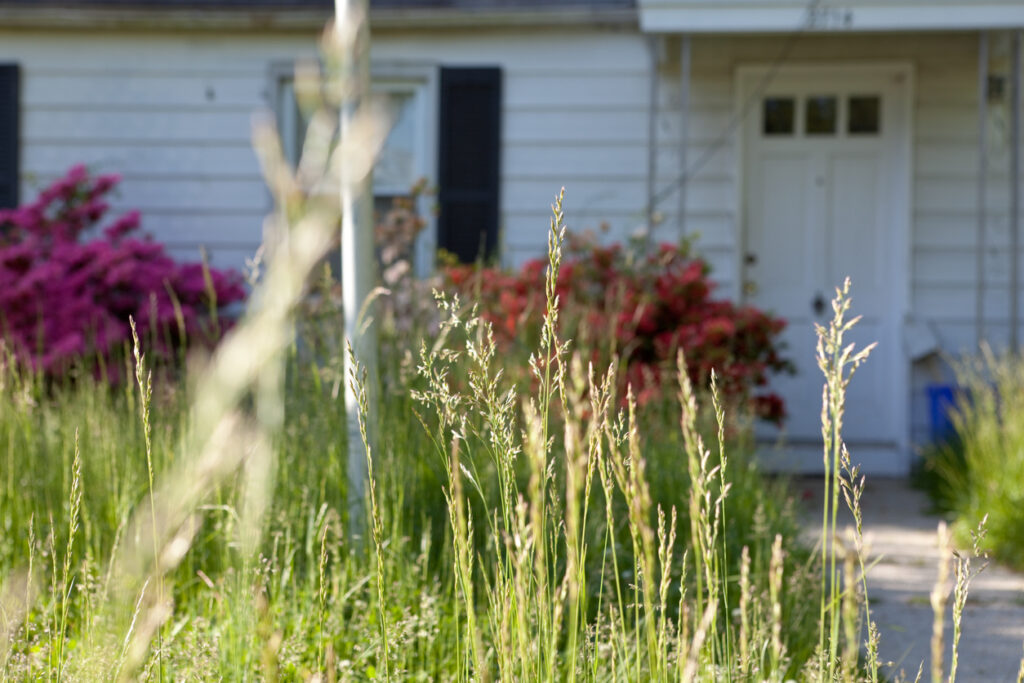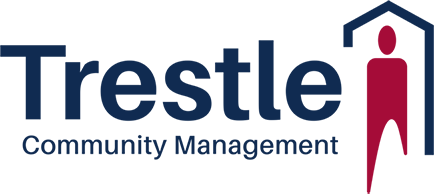Understanding Compliance Violations and Homeowner Appeals
Homeowner and Condominium Associations are responsible for enforcing the community’s governing documents in an effort to preserve property values and keep the community safe, well-maintained, and harmonious. However, enforcing these guidelines can be a challenging task. There may be instances where Homeowners violate the Rules, and it is up to the Association to take appropriate action. This process involves compliance enforcement and appeals.
Compliance Enforcement

Compliance enforcement is the process that an Association takes to ensure that its Members follow the Rules and Regulations set forth by the Association. The process begins with the identification of a violation. The Association may become aware of a violation through Member complaints, routine inspections, or reports from contractors or other third parties.
Once a violation has been identified, the Association may take one or more of the following steps:
- Notification: The Association may send the Homeowner a notice outlining the violation and the corrective action needed to bring the property into compliance.
- Hearing: If the Homeowner does not comply after receiving the notice, the Association may schedule a hearing to determine whether the violation occurred and to discuss the necessary corrective actions.
- Fines: If the violation persists, the Association may impose fines as outlined in the governing documents.
- Legal action: If the violation persists despite all of these steps, the Association may consider legal action to force compliance.
Appeals
While compliance enforcement is an essential part of maintaining a community, Homeowners do have the right to appeal any enforcement action taken by the Condo or Homeowners Association. The appeals process typically involves several steps:
- Notice of violation: The Homeowner receives a notice of violation and has an opportunity to correct the violation within a specified timeframe.
- Hearing: If the Homeowner does not comply, the Association may schedule a hearing to discuss the violation and potential penalties. The Homeowner has the right to attend the hearing and present evidence in their defense.
- Appeal: If the Association imposes penalties, such as fines or suspensions, the Homeowner may appeal the decision. The appeal is typically heard by a panel of Board Members.
- Decision: The panel will review the evidence and render a decision. The decision is usually final and binding.
It is important for Homeowners to understand what the Association can and cannot do, and to stay informed about the Rules and Regulations that apply to them. By working together with your community Association, you can help maintain a safe, attractive, and well-maintained community for everyone to enjoy.
To better familiarize yourself and the residents of your home with the responsibilities assigned within your community, please review your community’s governing documents available through Trestle’s My-Community Web Portal or contact your Community Association Manager for assistance.
Connecting with Trestle
Trestle regularly connects on LinkedIn, Facebook, and Twitter, and can be contacted through its website or at (425) 454-6404.



